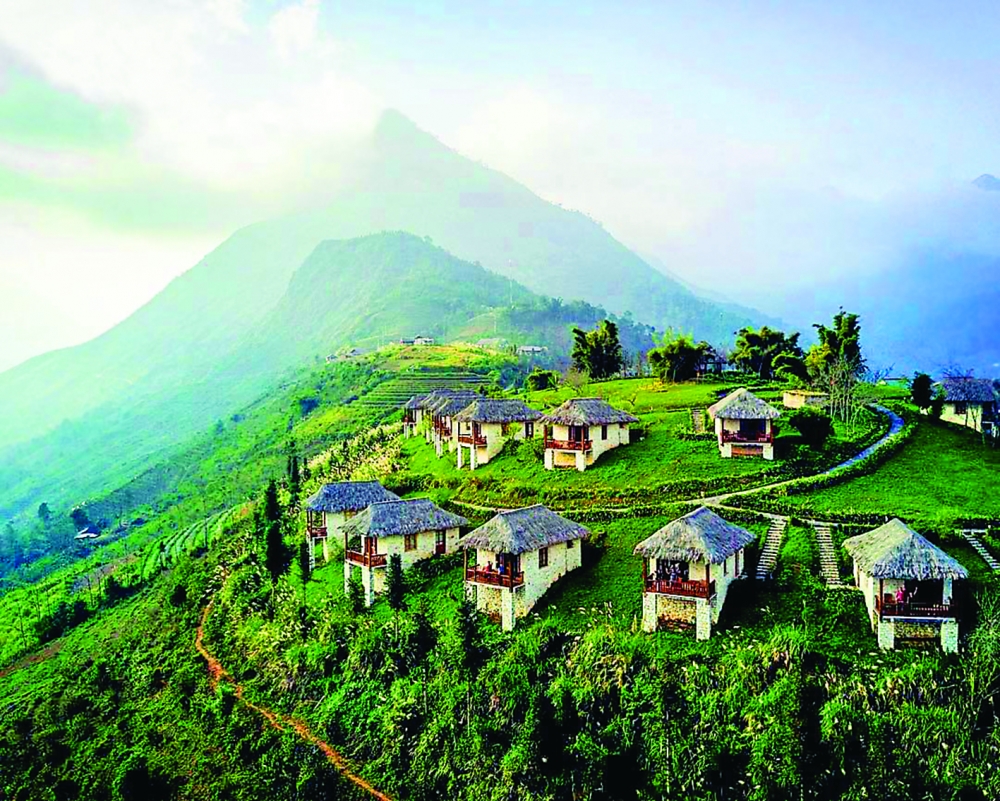The government is now targeting green and sustainable tourism development in its tourism development strategy by 2030, with a vision to 2050, and a growing number of tourism business are rising to the challenge.

To move towards green tourism, Vietnam’s tourism industry needs to overcome many challenges like waste management; effective management of cultural heritages; and energy consumption. The fast-growing trend of green tourism in many countries in the world has also drawn the attention and support of tourists, travel enterprises and social communities. It is also affecting Vietnam, where tourism managers and businesses have proposed solutions to boost green tourism.
The accelerated development of tourist accommodation establishments to meet growing demand, especially in coastal areas like Nha Trang, Phu Quoc, Da Nang, Quy Nhon, Ha Long, Sam Son have had negative impacts in terms of environmental waste, increased electricity consumption, and degradation of nature. Along with the impact of climate change, tourist sites have suffered beach erosion, and saltwater intrusions in Hoi An, Ca Mau and Mui Ne, and Hue.
However, according to Professor, Dr. Nguyen Van Dinh, Chairman of the Council of Science and Education under the Vietnam Tourism Association, Vietnam has diverse natural resources and culture, which are favorable conditions to develop green tourism. In fact, developing green tourism is not just necessary in order to promote its sustainability and economic growth, it is vital in order to cope with the effects of climate change, such as rising sea levels, that heavily impact Vietnam.
Dr. Nguyen Anh Tuan, Director of the Institute of Tourism Research and Development, said that since tourism enterprises are mainly small and medium ones, they are well placed to create effective, green tourism products and services.
With the average growth of Vietnam’s tourism higher than much of the world, experts say that green tourism development is an inevitable and feasible direction for sustainable tourism development. Vietnam needs to develop its tourism economy with a high level of responsibility for natural resources and the environment, in line with respecting natural elements, ensuring conservation activities and providing benefits to the local community.
Vietnam has taken the challenge to heart, recently winning many prizes in the environmentally-friendly category. For example, National Geographic magazine recognized the Topas Ecolodge Resort near the northern town of Sa Pa as one of the world’s 10 greenest resorts; while Trips to Discover magazine voted Six Senses on the Con Dao Islands among the top 11 most eco-friendly resorts in the world.
Steven Schipani, a representative of the Asian Development Bank's Southeast Asia Department: Vietnam needs to implement green tourism plans such as developing green cities, public transport systems, and propose solutions to reduce emissions.


















